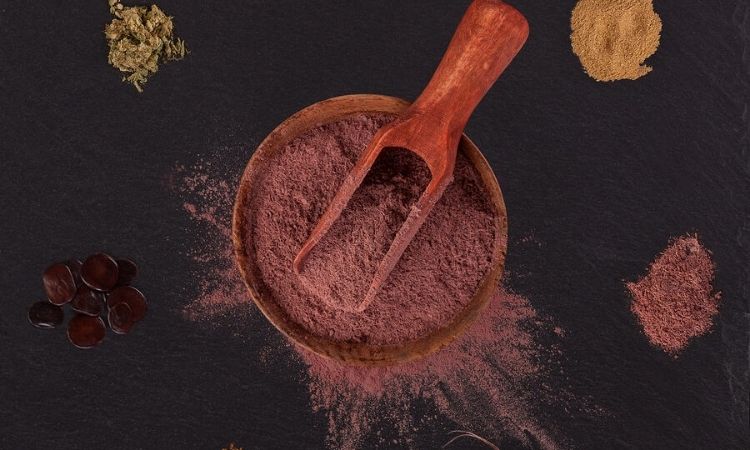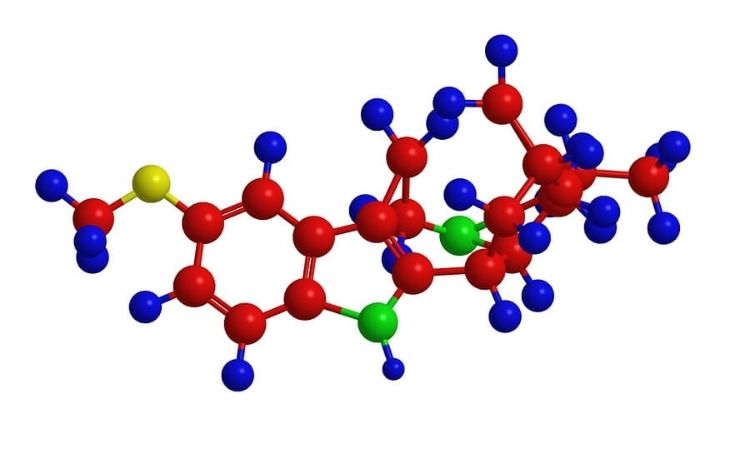
Ibogaine is a psychedelic drug that can induce effects similar to those associated with LSD or mushrooms. Although the substance can lead to short-term side effects, it has also been touted as a potential treatment for addiction. Recently, research has begun to focus on ibogaine for this reason. It may be beneficial for those struggling with addiction to alcohol, opioids, methamphetamine, and cocaine especially.
Ibogaine comes from a plant found in the African rainforest. Anecdotal reports suggest that the compound modifies brain chemistry. Thus reducing withdrawal symptoms and cravings in people struggling to recover from substance abuse. However, researchers exploring the potential of this drug in addiction treatment do not imply that ibogaine ultimately ends addiction, and, instead, it interrupts the process.
How Does Ibogaine Work?
Addiction is a chronic disease which causes long-term changes to the reward centers of the brain. When a person uses ibogaine, the drug converts into a compound that targets these regions and addictive behaviors. This compound essentially “rewires” these areas, allowing the brain to return itself to a state comparable to before addiction developed.
While it is believed that ibogaine can ease withdrawal symptoms and block cravings, this process mainly aids in detox. It does not cure addiction, which requires further treatment to address. These treatments include things like therapy and education.
Success Rates
Medical providers who have employed ibogaine report a 50-80% success rate among those with meth addictions. That said, long-term recovery and relapse prevention also depended largely on undergoing a rehab program after using ibogaine as directed under a doctor’s supervision.
One physician reported a 70-80% success rate with effective aftercare and noted that, when people recovering from meth addiction used ibogaine but returned to the same environment in which they had originally used meth, there was a 90% percent rate of relapse. Researchers believe this finding is because visual cues and emotional associations are more prominent for people with meth addiction than those who are battling opioid addiction.
Ibogaine treatment for a few addictive substances results in a 20-50% rate of abstinence at a one-year follow-up, and that included people working to overcome opioid addiction. These numbers may not seem significant, but, comparatively, Suboxone treatment for opioid addiction shows only an 8.6% success rate once the person no longer requires its use.
A review from Brazil, where ibogaine is uncontrolled and often used in conjunction with psychotherapy to treat alcohol, cocaine, and marijuana addiction, showed higher rates of success. However, subjects in the study underwent a combination of ibogaine treatment and therapeutic follow-up care. Still, one-time ibogaine treatment resulted in abstinence of more than five months on average. Significantly, repeated sessions of ibogaine treatment resulted in abstinence on average for more than eight months.

Contraindications
Although ibogaine treatment may be effective for some individuals, it may not be for everyone. For example, one 2012 study found high relapse potential. Of opioid addicted participants who were given a one-time ibogaine treatment, 80% relapsed in the first six months. Another 20% stayed abstinent for more than six months but less than a year. And just 13% successfully remained abstinent for more than a year.
Those who did relapse during the study, however, were using fewer opioids in comparison to their previous levels of use. One of the first studies involving ibogaine from 1983 suggests that multiple treatments using the drug may be more beneficial. The study revealed that four treatments helped a person in recovery maintain abstinence for three years. While one treatment was effective, on average, for about six months.
It’s vital to remember that drugs like ibogaine, which is controlled in the U.S., should not be obtained illicitly and self-administered. Effective treatment is available in the U.S., and researchers are continually assessing new potential approaches. The FDA is also approving addiction treatments that are relatively safe and beneficial.